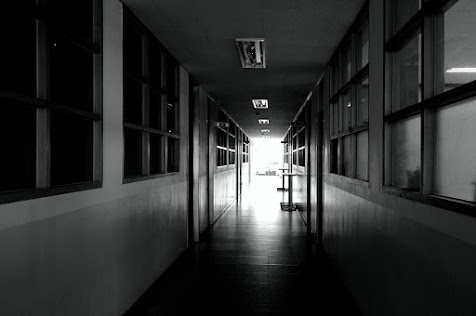Todos necesitamos escuelas abiertas.

Hace semanas vengo leyendo opiniones diversas sobre la vuelta a clases, la apertura de los colegios y el retorno de profesores y alumnos a las aulas. Encontré de todo tipo. Las que ponen el énfasis en la salud pública, en lo pedagógico, lo emocional, lo social... y así podríamos seguir encontrando aún más ideas y temas. ¿Y si empezamos al revés? ¿En qué puntos estamos de acuerdo? Creo que coincidiremos en que la educación en la vida de una persona hace a su esencia y evolución. De alguna manera preparando su inserción y contribución al futuro de su comunidad. La labor de la escuela en ese sentido es primordial. Para educar, todos necesitamos las escuelas abiertas. Quizás acordaríamos también en que la escuela cumple un rol que va más allá del de formar académicamente. Leer, escribir y sumar son importantes; pero el futuro le va a demandar a nuestros alumnos muchas más habilidades. La escuela tiene un rol fundamental abriendo oportunidades. P...


%2B08.35.22.png)
%2B21.41.54.png)